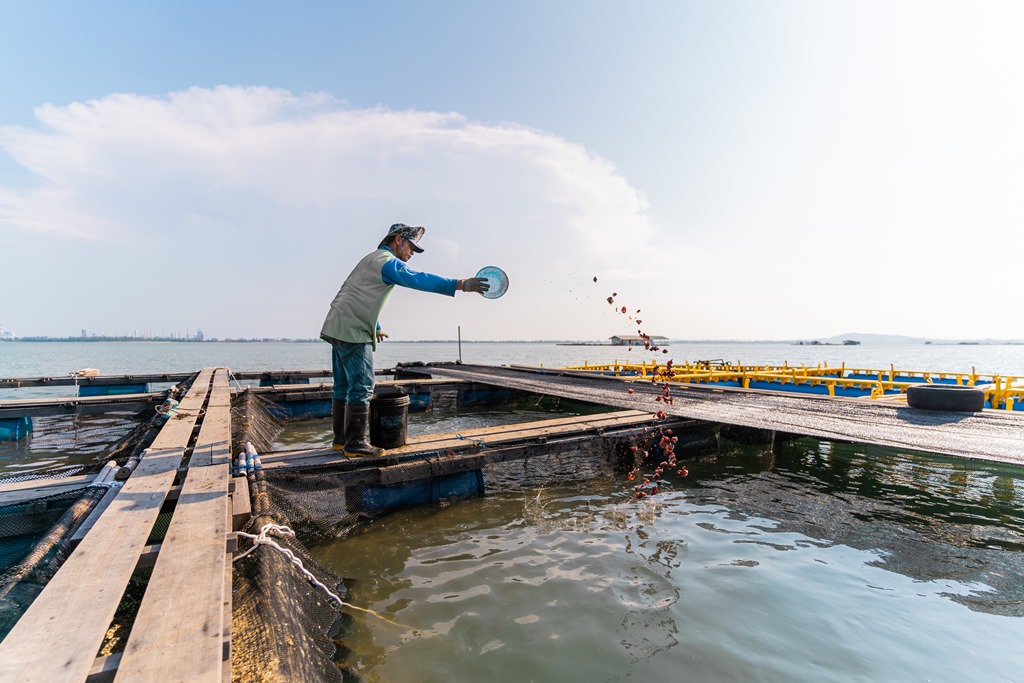The Friday sermon delivered yesterday emphasised the blessings bestowed by Allah the Almighty, who has created the universe with resources essential for humanity’s sustenance. These resources, encompassing both biotic components like animals, plants, and microorganisms, as well as abiotic components such as oil, gas, various metals, water, and soil, are intended to meet the needs of mankind.
In the sermon, imams reminded the congregation of the importance of making productive use of these resources and safeguarding them for the prosperity and well-being of the nation. Imams also highlighted that these natural blessings must be utilised efficiently to contribute towards individual, family, community, and national welfare.
The sermon further noted that agriculture, fisheries, and livestock are vital economic sectors with the capacity to contribute to Brunei’s development goals, particularly by promoting food security, job creation, and halal food production. The fields of agriculture and fisheries, initially intended to meet basic needs, have since grown with scientific and technological advancements, allowing for higher productivity and environmental sustainability.

Innovation in these sectors has made them more efficient, reducing costs and enhancing output. Imams encouraged the public, especially young people, to heed the call of the nation’s leadership to diversify Brunei’s economy by actively participating in these industries.
Imams also reiterated Brunei Vision 2035, which seeks to diversify the economy beyond oil and gas, enhance the quality of life, and sustain a clean, healthy environment. With this goal in mind, the government has facilitated multiple programs to boost agriculture, fisheries, and livestock contributions to national growth, he said, urging citizens to take advantage of these resources.
Islam, imams emphasised, regards agriculture and fisheries as a fardu kifayah (a collective responsibility) due to their significant role in sustaining human life. By fulfilling this obligation, Brunei’s people can contribute to economic growth and national self-reliance.
Imams concluded by urging farmers, fishermen, and livestock breeders to take pride in their work, as it not only provides for the nation’s needs but also serves as an act of worship that aligns with Islamic values. Imams further called on all citizens to contribute towards national prosperity and welfare, reflecting a sense of unity and purpose in building a sustainable and resilient nation.



















































